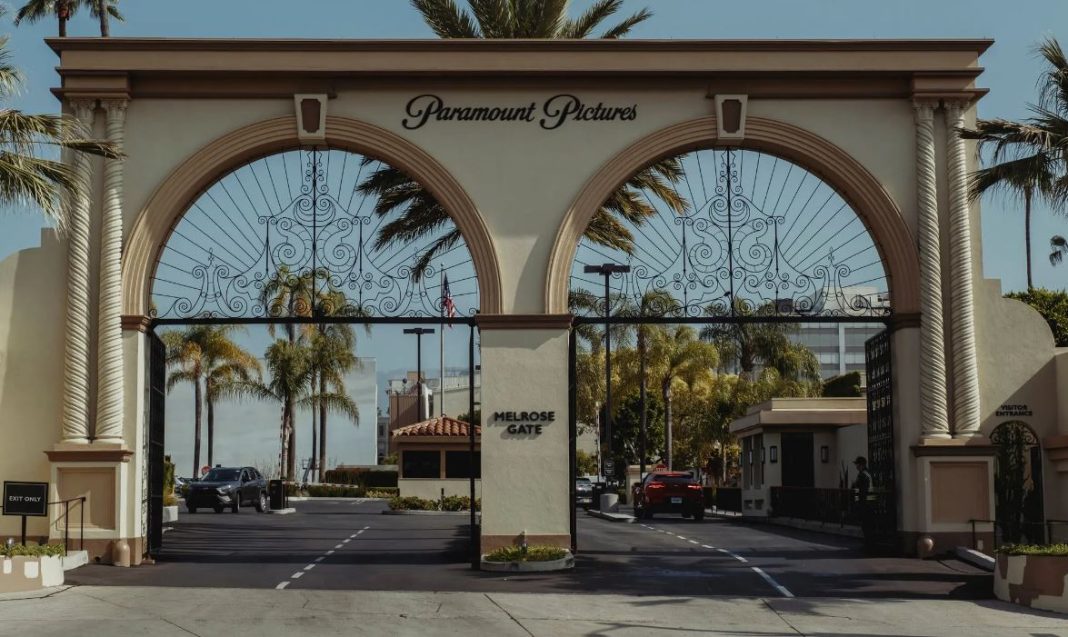In the ever-evolving landscape of media and entertainment, Warner Bros. Discovery has emerged as a contender expressing interest in a potential merger with Paramount. The discussions were reportedly initiated during a lunch meeting between David Zaslav, CEO of Warner Bros. Discovery, and Bob Bakish, Paramount’s CEO, held earlier this week at Paramount’s Midtown Manhattan headquarters.
News of this possible merger had a notable impact on the stock market, with Warner Bros. Discovery’s stock experiencing a decline following the reports. Paramount’s stock also saw a slight dip in after-market trading. The move comes amidst a willingness on the part of Shari Redstone, who controls Paramount through National Amusements, to explore options for the family’s media empire.
The business rationale behind a Warner Bros. Discovery and Paramount merger is evident. Paramount’s array of TV networks, including MTV, Nickelodeon, and Comedy Central, could provide Warner Bros. Discovery with enhanced negotiating leverage with cable distributors like Comcast and Charter. Beyond this, there are potential cost-saving synergies in content production and marketing, both for television and movies, given the complementary strengths of the two companies.
Paramount’s CBS broadcast network holds strategic significance, offering Warner Bros. Discovery an additional platform for airing National Basketball Association (NBA) games, a valuable asset in ongoing negotiations with the league for rights renewal. While the potential benefits are clear, significant hurdles remain.
Warner Bros. Discovery, despite having addressed much of the leverage from the 2021 merger with Discovery and AT&T’s WarnerMedia, still carries a substantial debt load exceeding $40 billion. Moreover, the intricacies of tax laws may influence the timeline and feasibility of the merger, particularly regarding the two-year anniversary of the completion of the Discovery-WarnerMedia deal in April.
If a Paramount deal materializes, it could trigger further consolidation within the media industry. Paramount, like other traditional TV companies, faces challenges as the pay-TV ecosystem undergoes seismic shifts with viewers increasingly cutting the cord. Despite significant investments in streaming services like Max and Paramount+, traditional TV programmers have struggled to replicate the lucrative business model of cable TV, making strategic partnerships an appealing avenue.
The negotiations’ outcome may also be influenced by the relationship between Shari Redstone and David Zaslav. Both well-acquainted figures in the media executive sphere, they share influential connections, including prominent figures like Robert Kraft, owner of the New England Patriots. As the talks progress, the media industry watches closely, anticipating potential shifts in the landscape and further consolidation among major players.
In the broader context, the potential merger between Warner Bros. Discovery and Paramount underscores the dynamic nature of the media and entertainment sector. As companies navigate challenges posed by evolving viewer habits, streaming competition, and financial considerations, strategic alliances become a crucial tool for survival and growth. The outcome of these discussions may shape the trajectory of media consolidation, setting the stage for future collaborations and reshaping the industry’s landscape.

